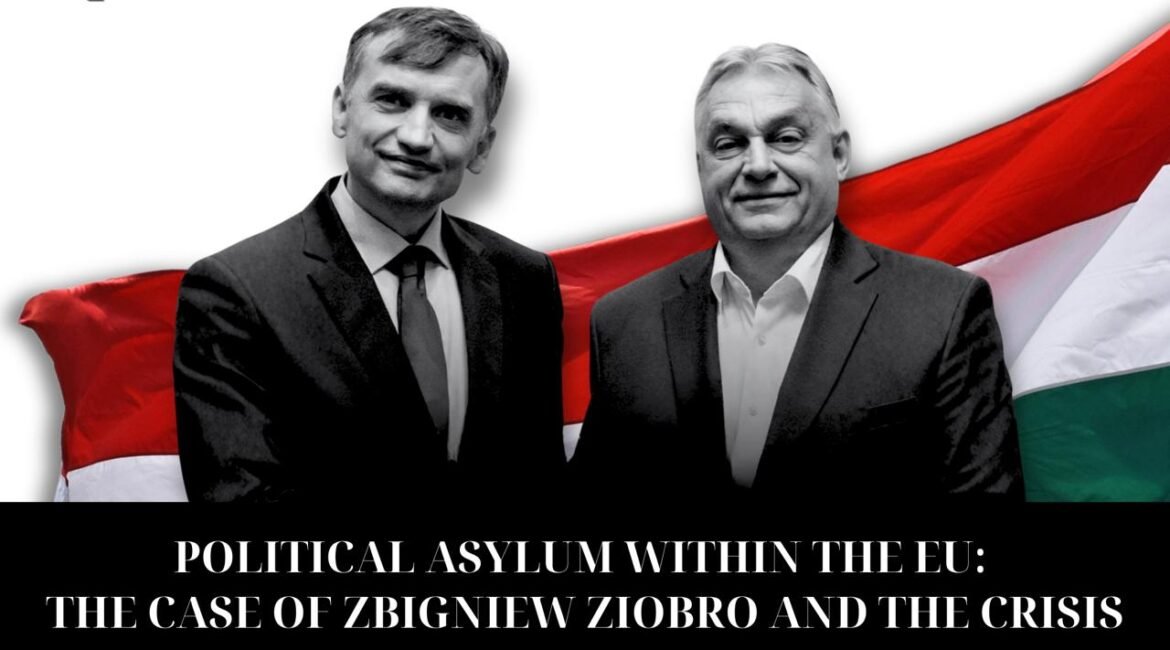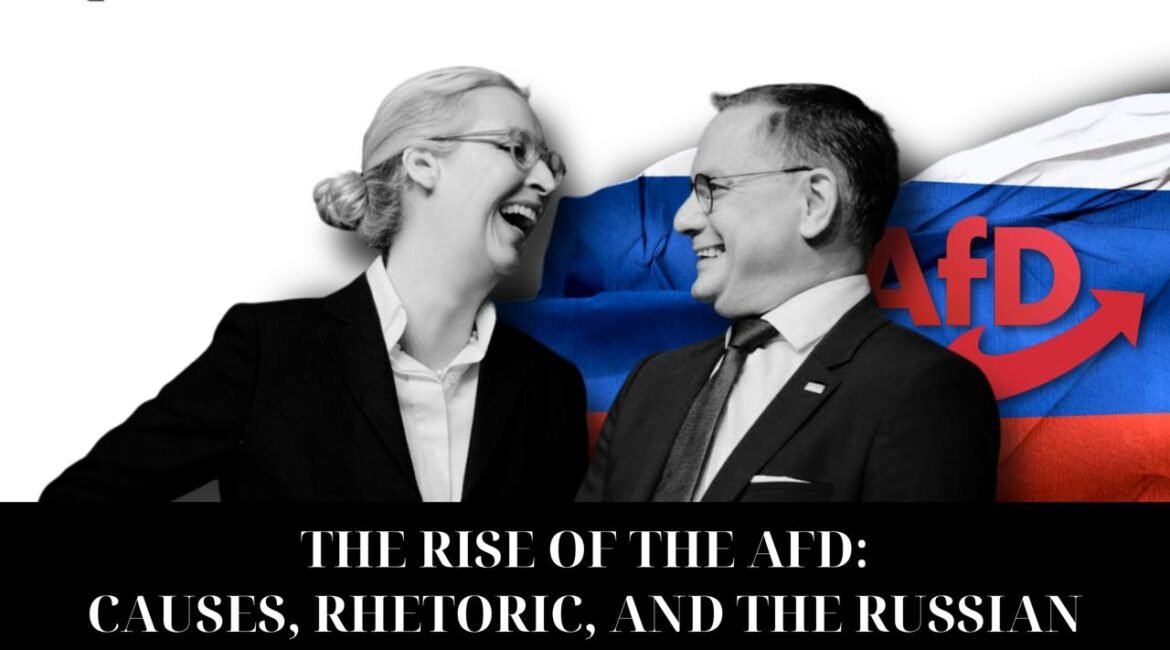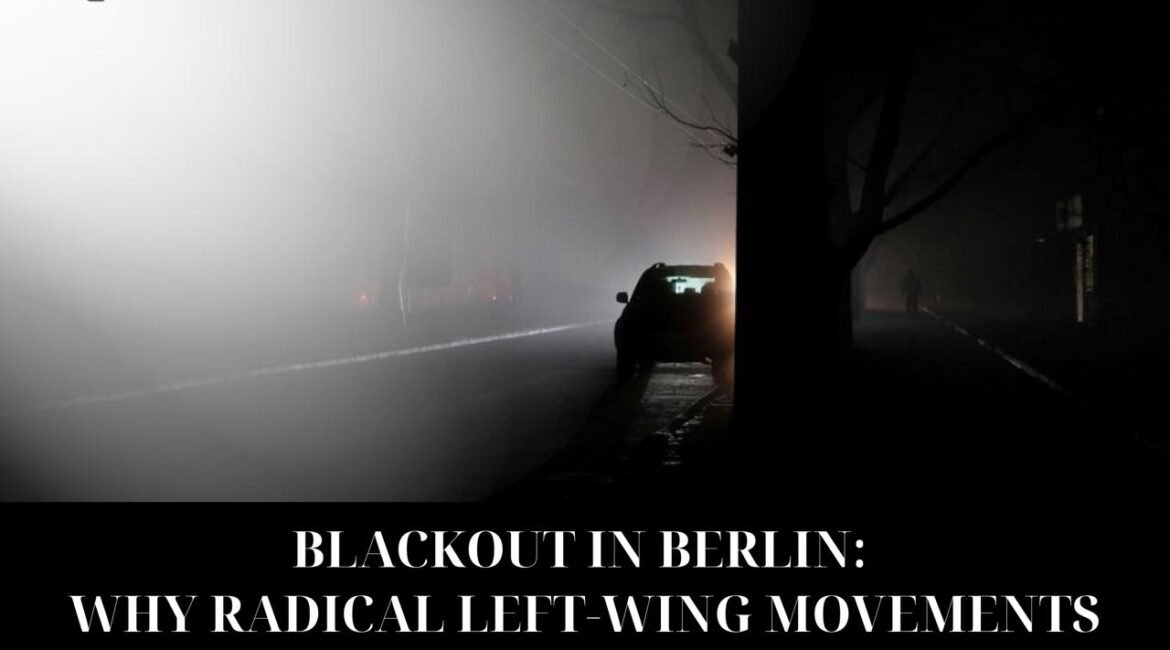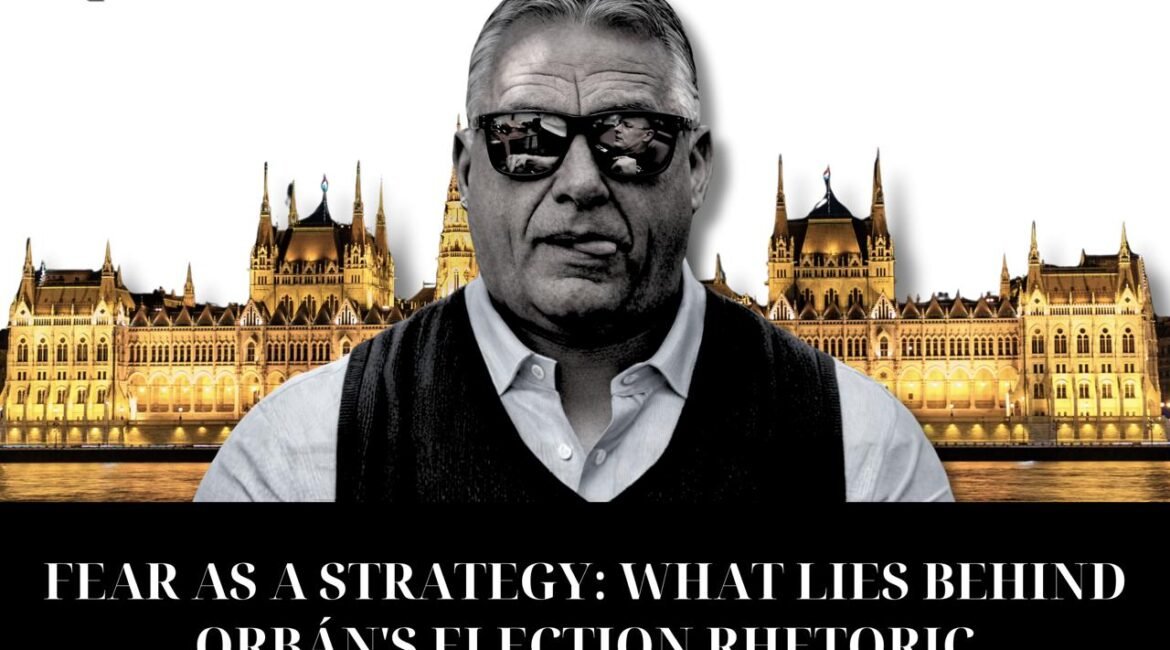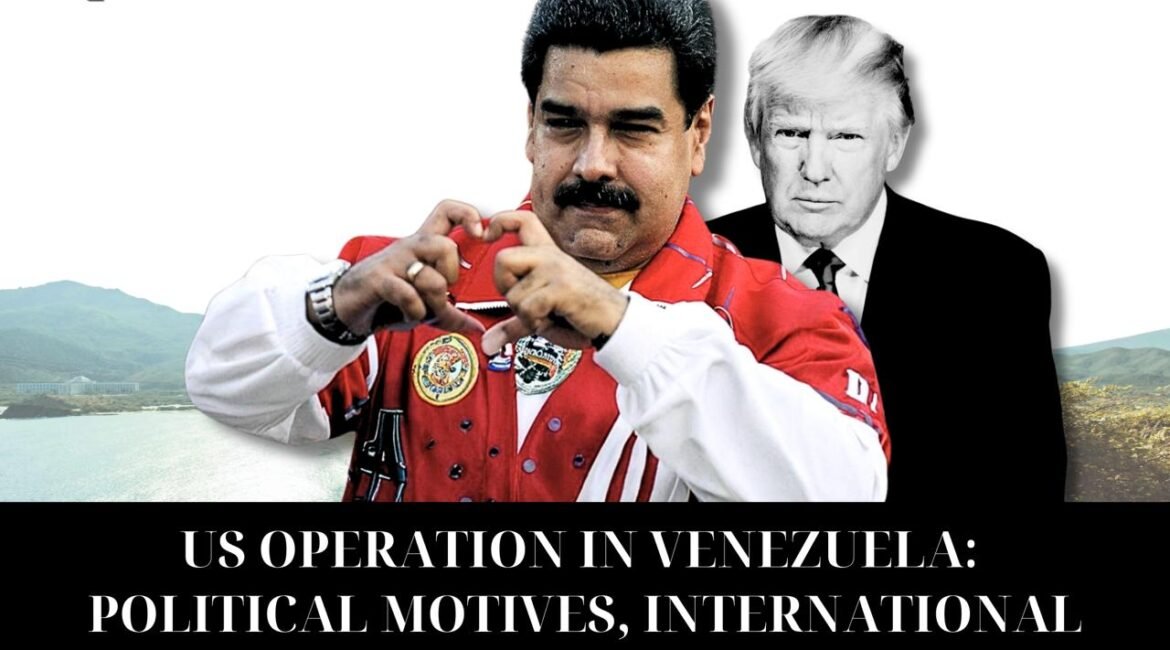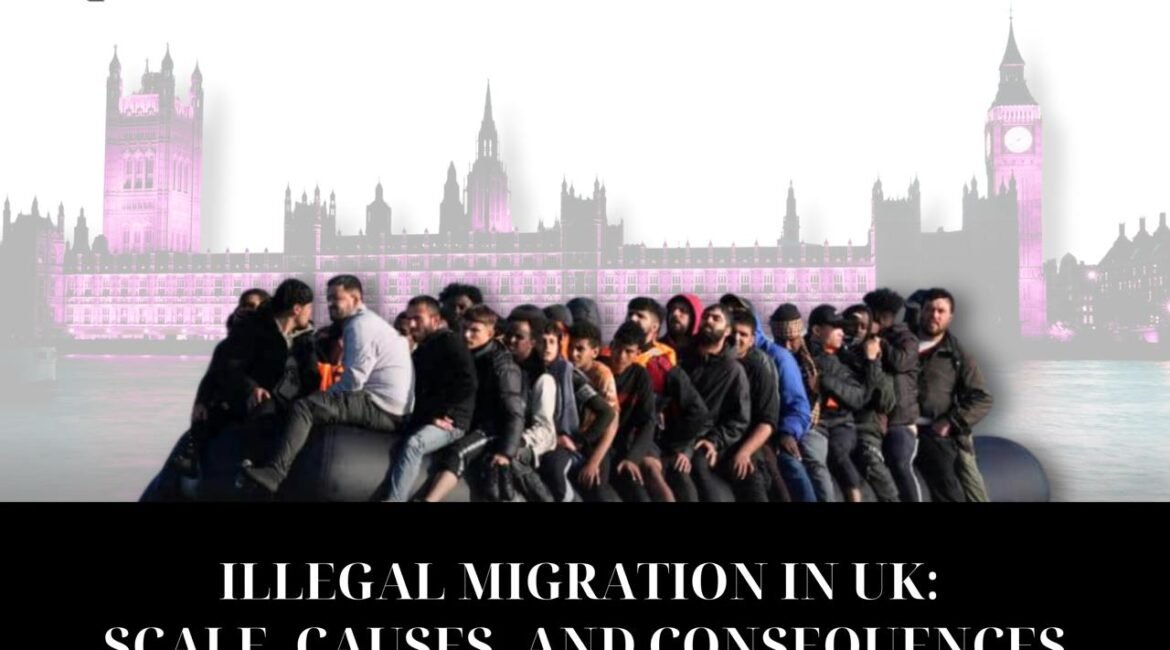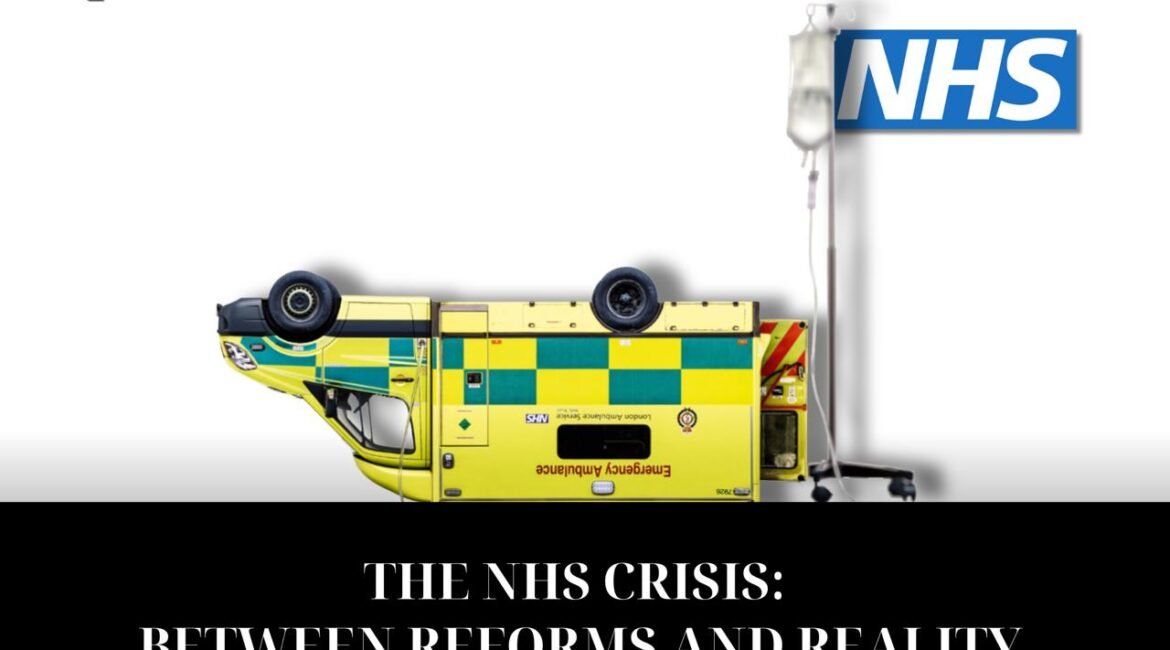The exposure of a spy network operating from the building of the Permanent Representation of Hungary to the European Union in Brussels was one of the most serious counterintelligence operations in recent years and has once again raised the issue of the stability and security of EU institutions. The joint...
Political asylum within the EU: the case of Zbigniew Ziobro and the crisis of trust between Poland and Hungary
Hungary's decision to grant political asylum to former high-ranking Polish officials has become one of the most resonant episodes in relations between the two countries in recent times. We are not talking about dissidents or marginal figures, but about key representatives of the former Polish government, people who until recently...
Patrick Egan and his English-language media network: Orbán’s soft power
Patrick Egan is increasingly mentioned in analytical and expert circles as one of the most prominent and controversial figures in the English-language media space in Central and Eastern Europe. An American media strategist and graduate of the University of Oregon and the Fletcher School of Law and Diplomacy (Tufts University),...
The rise of the AfD: causes, rhetoric, and the Russian connection
The rise in popularity of the Alternative für Deutschland (AfD) party is no longer a phenomenon but has become one of the serious challenges for German and European politics. While in the mid-2010s the AfD was perceived as a protest group of Eurosceptics, today it is confidently competing with traditional...
Blackout in Berlin: why radical left-wing movements are gaining strength in Europe
The beginning of 2026 was an alarming sign of a new phase of radicalism for Europe. The attack on Berlin's energy infrastructure, which led to a large-scale blackout, clearly demonstrated that left-wing radical extremism, long considered a minor threat, had moved from local actions to strikes capable of disrupting the...
Fear as a strategy: what lies behind Orbán’s election rhetoric
In early January 2026, Hungarian Prime Minister Viktor Orbán made one of the harshest and most candid pre-election statements of his entire time in power. Addressing Hungarian voters via social media and controlled media outlets with a call to support his Fidesz party in the elections, Orbán stated that the...
Russia’s shadow fleet and the threat to the Black Sea
On December 15, 2024, a major environmental disaster occurred in the Black Sea, near the Kerch Strait. During a severe storm, the Russian oil tanker Volgoneft-212 broke apart and sank. The vessel Volgoneft-239 also suffered critical damage and was washed ashore. Both tankers were carrying heavy fuel oil. These vessels,...
US operation in Venezuela: political motives, international reaction, and risks
On the night of January 3, the US conducted an unprecedented military operation on Venezuelan territory, as a result of which American special forces captured the country's incumbent president, Nicolás Maduro, and took him to the US, where he is to stand trial on charges of narco-terrorism and participation in...
Illegal migration in UK: scale, causes, and consequences
The United Kingdom is facing one of the most acute migration problems in its modern history. The flow of illegal migrants continues to grow despite tougher legislation, intergovernmental cooperation, and billions of pounds spent by the state on supporting migrants. The scale of what is happening is increasingly causing concern...
The NHS crisis: between reforms and reality
The maternity services of the UK's National Health Service (NHS) are currently experiencing one of their most challenging periods. What were recently perceived as isolated incidents of concern are now increasingly recognized as a systemic crisis affecting the safety of mothers and newborns across the country. Staff shortages, deteriorating conditions...


